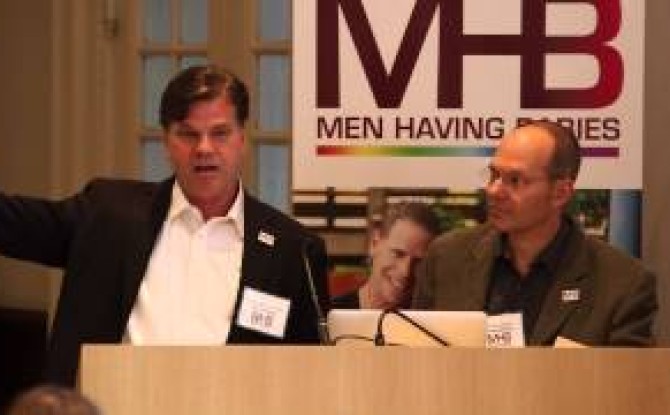RT.com/news July 3, 2015
France’s top court has ruled that two surrogate children born abroad will now have legal status in the country. They can obtain birth certificates and claim citizenship despite a ban on surrogacy in France.
“Surrogate motherhood alone cannot justify the refusal to transcribe into French birth registers the foreign birth certificate of a child who has one French parent,” saysa statement from the Court of Cassation, one of France’s courts of last resort which has jurisdiction over all matters.
The court said in its press release that it was asked to consider two cases. In each of them, a French citizen claimed to be father to a child born by a surrogate mother in Russia.
The court said that the plaintiff “asked for the transcription of the Russian birth certificate into the French birth registers.”
“…the rules pertaining to transcription into French civil status registers, construed in the light of Article 8 of the European Human Rights Convention, should apply to this case. Therefore the theory of a fraud cannot hinder the transcription of a birth certificate,” the court said in the statement.
Click here to read the entire article.


